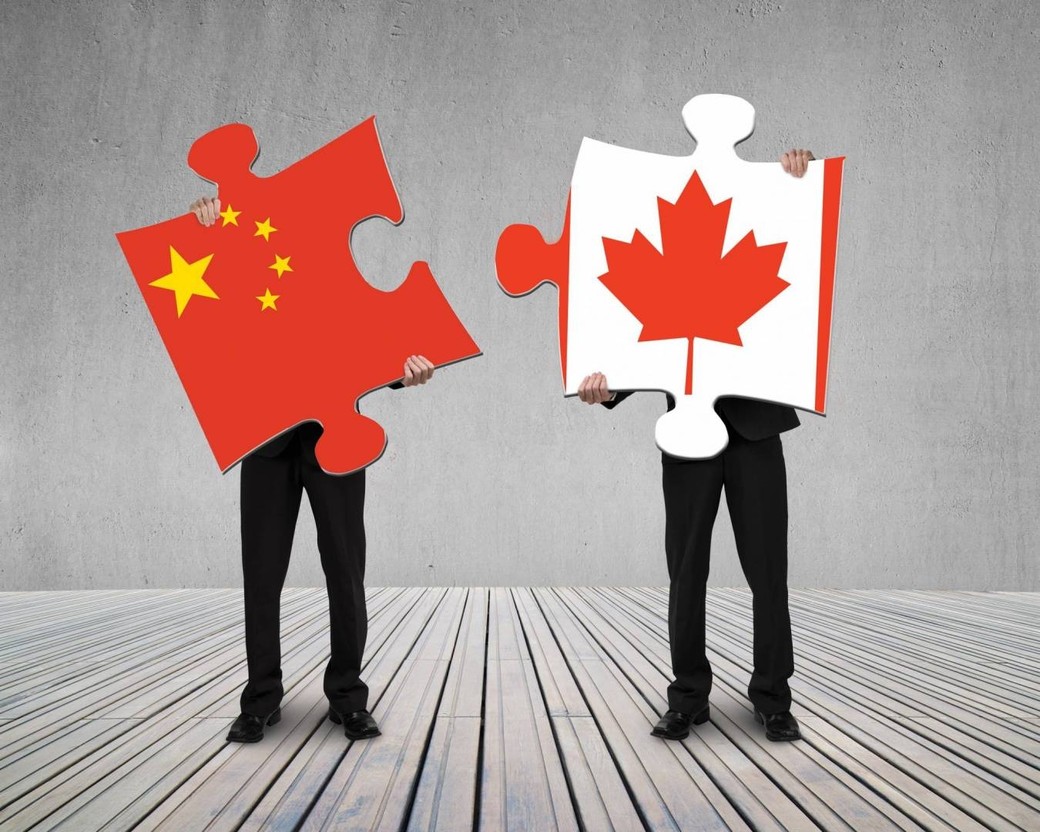
Canada-China: Win-Win Cooperation
The Ottawa Life Magazine Canada-China Friendship series will focus on the importance of the growing bilateral business relationship in the areas of energy, transportation services, manufacturing, technology, real estate, building and development. We will examine ties in education, culture, global security, government and the Chinese Diaspora in Canada. Contributors to the series will include Wang Yi, Chinese Foreign Minister, Luo Zhaohui, Ambassador Extraordinary and Plenipotentiary of P.R. China to Canada and the Embassy of China, several Canadian MPs, Ministers, academics and business leaders involved in Chinese-Canada enterprises. Here are some facts on the Canada-China relationship.
China has the world’s second largest economy, representing 14.2 per cent of the world’s wealth in 2015. Canada represents 2.94 per cent of the global economy. China is Canada’s second largest trading partner and leading source of both imports and exports. The Chinese have invested $54 billion U.S. dollars into the Canadian economy, 90 per cent of which goes to one per cent of bilateral trade in the energy sector. Chinese regulators have approved an initial $8.2 billion U.S. dollar grant to Canadian financial institutions under the Renminbi Qualified Foreign Institutional Investor program. This agreement will further help advance and simplify economic relations between the Canadian and Chinese governments.
Canada currently ranks sixth on the world’s social progress index, a system that measures national basic human needs and foundations of well-being. China is much further down the list, but improving annually.
In November 2014, Canadian Prime Minister Stephen Harper and Chinese Chairman Zhang Dejiang met and finalized a twenty-section agreement to improve bilateral market access of agricultural products, air transport, trade services, visa applications, economic and environmental sustainability. The intent of the agreement is to enhance trade, growth in infrastructure, nuclear energy strategies, environmental purification and to put a priority focus on jointly fighting corruption. The long-term goal is to have a free trade agreement between China and Canada. To highlight Canada’s commitment to China, Prime Minister Harper announced the opening of new trade offices in Hangzhou, Xi’an, Xiamen and Tianjin to attract investment for Chinese businesses in Canada. These offices will help drive the export of Canadian machinery, technology and other products and help maintain Canada as one of the largest overseas investment destinations for China. The Harper government also supports the Asia-Pacific Economic Cooperation (APEC) summit goals which begin this year that will see a bilateral currency swap agreement, an updated free-trade agreement and the development of environmentally safe maritime energy corridors.
Unresolved issues involving human rights and consular issues will continue to remain a challenge with the Chinese and Canadian governments. It is hoped that progress on these fronts can be secured through universal bilateral objectives. Another stumbling is Canada’s decision not to sign on as a founding member of the Asian Infrastructure Investment Bank (AIIB). The AIIB seeks to improve roads, railways, and transport opportunities in China. Twenty one Asian countries and many western countries, including England, Germany, France, Italy and Israel are signators. The NDP and the Liberals support the idea of joining AIIB in order to further boost economic ties. The Harper government is still reticent but has left the door open to joining at a later date.
As the series opener, Chinese Foreign Affairs Minister Wang Yi explains Chinese President Xi Jinping’s vision for China to pursue a new type of international relations, “of win-win cooperation” which builds on the purposes and principles of the UN Charter.













